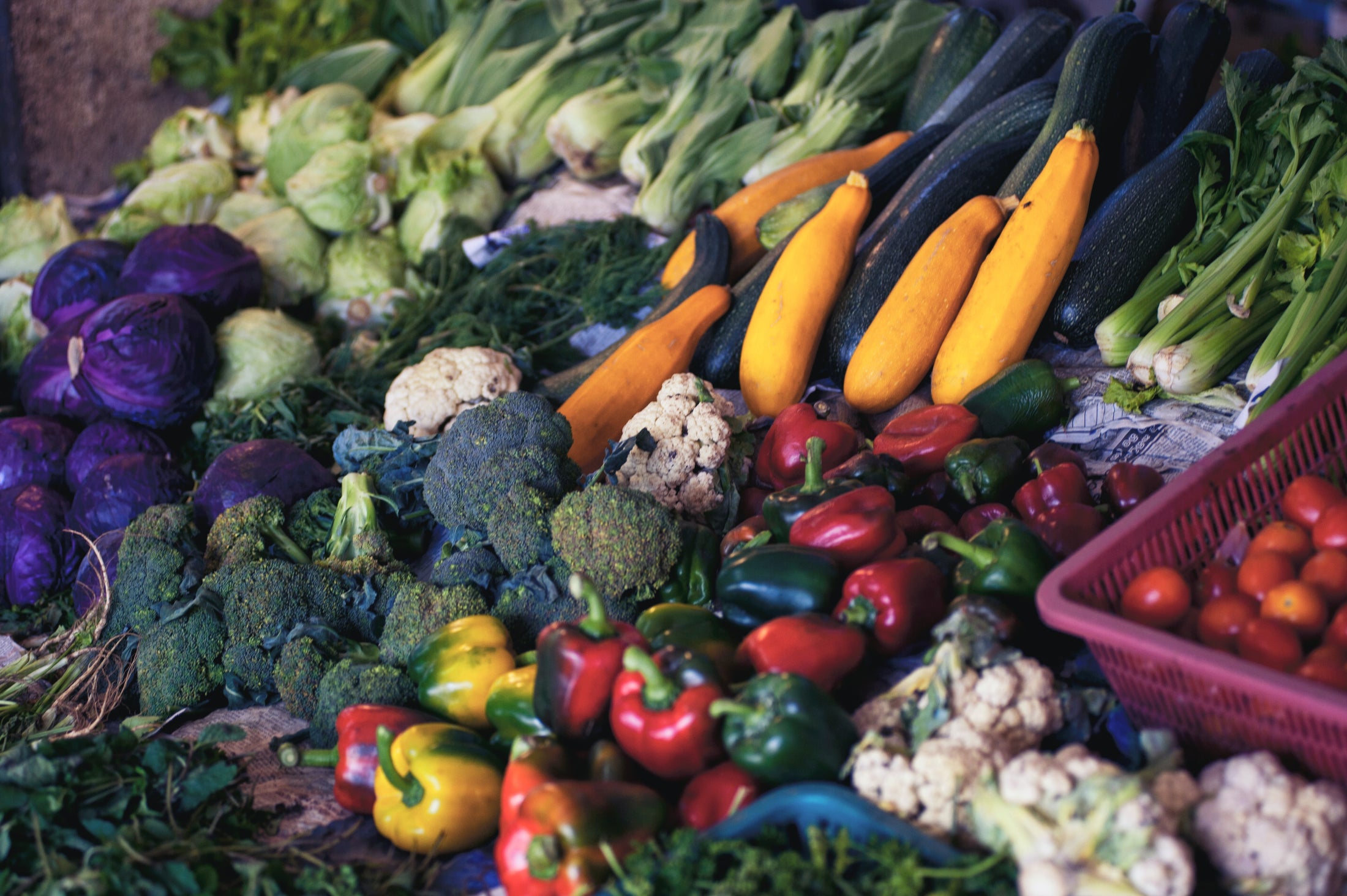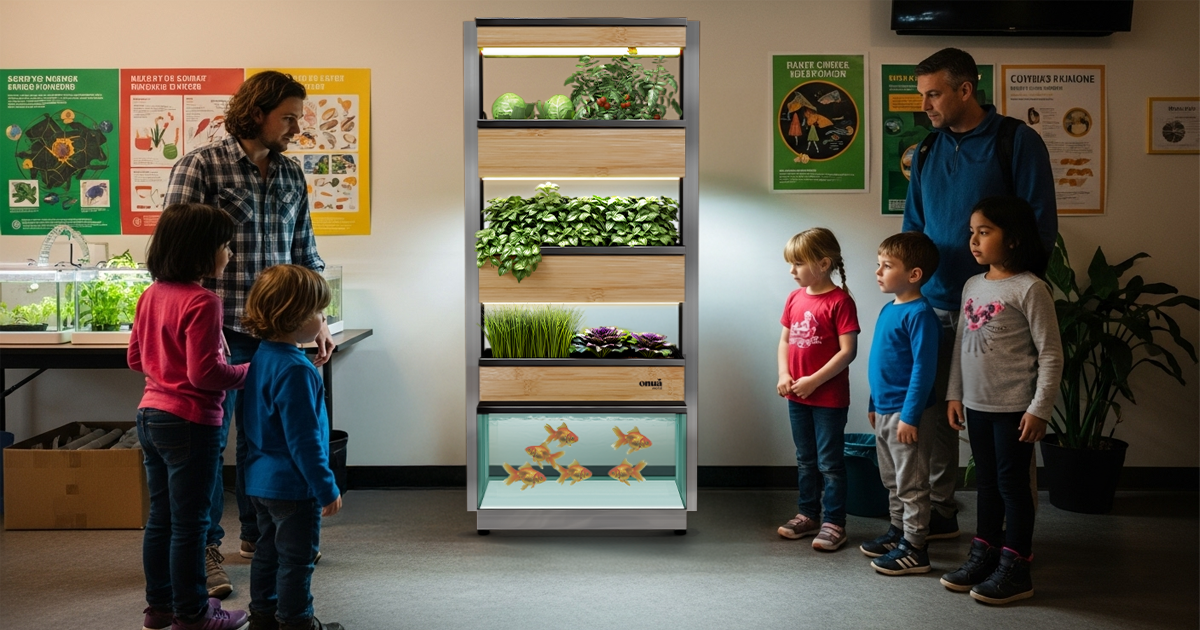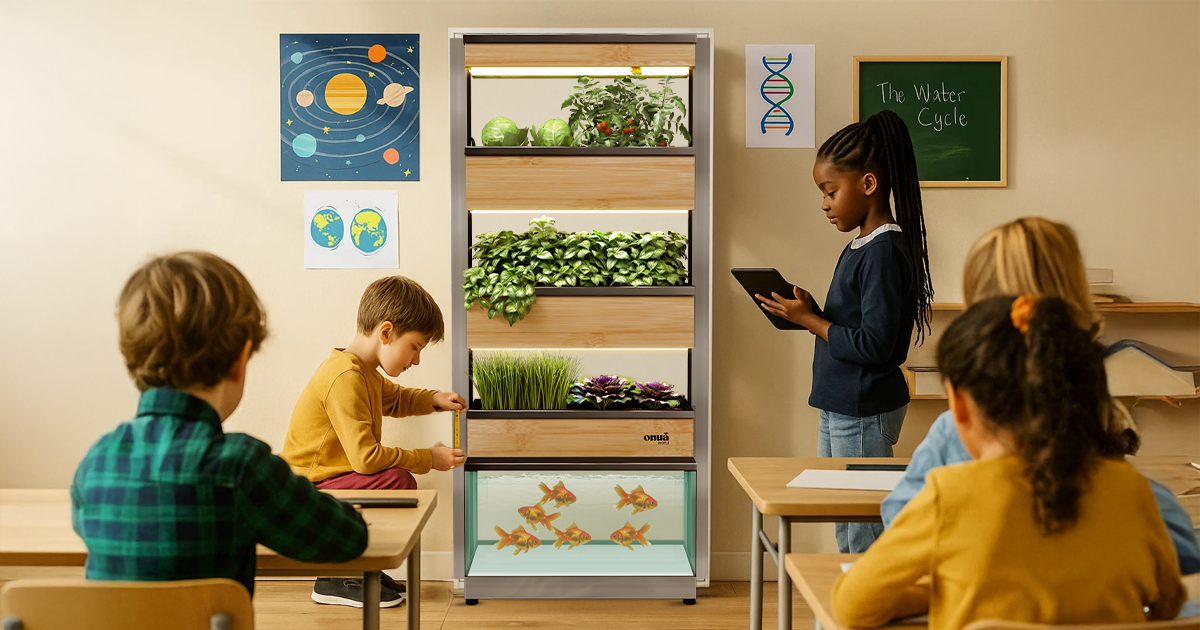With the constant advancement of technology, an exciting revolution has unfolded for nature enthusiasts and gardening enthusiast alike. Smart indoor gardens are becoming a reality, offering everyone the opportunity to cultivate plants indoors with increased efficiency through innovation. In this blog, we will delve into the world of smart indoor gardens, explore what sets them apart from nature itself, and how they can quench our thirst for nature while contributing to reducing our ecological footprint.
The Smart Indoor Garden: What Is It?
A smart indoor garden is the union of technology and agriculture, aimed at maximizing yields for our crops, whether they are in our kitchen, on our balcony, or even in our farmland. Technology seamlessly integrates with agriculture to optimize productivity, with sensors in the soil assessing moisture levels, nutrients, irrigation, and much more, all connected to a control portal that guides us in maintaining the growth of our precious plants. With our planet warming, farmers are facing increasing pressure to achieve high yields.
For decades, certain regions and nations have favored controlled cultivation using hydroponic greenhouses for growing fruits and vegetables. However, we are now witnessing a significant evolution: the rise of smart indoor gardens accessible to the general public. These mini-gardens have been meticulously designed to optimize yields, whether it's vegetables, fruits, flowers, or herbs. Most of these systems employ hydroponic methods, replacing soil with a nutrient-rich substrate or a growth medium submerged in a nutrient-rich solution. Shapes and technologies may vary from one manufacturer to another, but their goal remains the same: maximize yields. Yet, questions still arise regarding the accessibility of these smart indoor gardens. Are they suitable for everyone?
Where Does the Intelligence in Smart Gardens Lie?
The intelligence of these gardens lies in their ability to combine various elements to ensure optimal plant growth:
- Innovative Nutrients: Smart gardens use a variety of forms to deliver nutrients to plants, whether in the form of nutrient-containing capsules, pre-loaded nutrient substrates, or crystalline solutions added to the water in the cultivation basin.
- Adaptive Lighting: Lighting is a cornerstone of these gardens. It can be pre-programmed to follow the various stages of plant growth, from germination to harvest, or left to the discretion of the gardener, who can program it according to their needs. These lighting systems use low-energy LED lights, making them economical and environmentally friendly.
- Clever Mobile Applications: Mobile apps are valuable allies for gardeners. They provide personalized tips for plant care and maximizing yields by informing users about adding water, manufacturer promotions, and tips to improve crop performance.
Everything is designed to simplify gardening while ensuring optimal results. But ultimately, how can nature itself compete with these intelligent systems?
The Wisdom of Mother Nature
Of course, Mother Nature is incredibly intelligent as well. She inspires us with ingenious ecosystems found right in our vicinity. Take, for example, aquaponics, a self-contained ecosystem that mimics what we observe in nature. Fish waste nourishes the plants, while the plants filter the water and reoxygenate it for the fish. This method of cultivation is as effective as hydroponics and has been around for centuries.
In nature, the earth receives waste such as dead leaves, animal excrement, and dead insects, which decompose thanks to soil bacteria. Rain aids in the penetration of nutrients into the soil, nourishing nearby plants. These plants, in turn, feed the animals in that ecosystem. Nature operates in cycles where nothing is wasted; everything transforms.
Some civilizations have long observed the wisdom of nature and have attempted to copy it to improve their crops. Dating back over a thousand years, the history of aquaponics is a fascinating example of this. Today, Onuà World's indoor aquaponics garden and other similar innovations offer the opportunity to sustainably and intelligently grow herbs and vegetables, while drawing inspiration from this age-old tradition.
In the end, whether you opt for a smart indoor garden or turn to the teachings of nature, the important thing is to contribute to the preservation of our planet while satisfying your passion for gardening. Whether you are a professional or a nature lover eager to reduce your ecological footprint, smart gardens and methods inspired by Mother Nature are here to help you cultivate a greener and smarter future.




